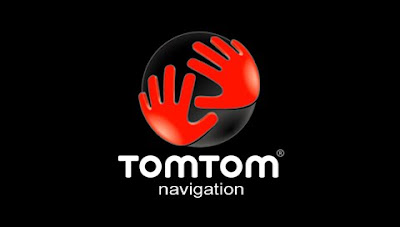
An update to TomTom's iPhone app will now let you navigate to the location of geo-tagged photos.
With version 1.5 of the app, tap on a geo-tagged photo and TomTom will immediately route you to where the photo was taken. It is available on the iPhone, iPod touch, and iPad with iOS 3.0 or higher.
"You no longer need to enter an address to get going. What you see is where you'll go," TomTom said.
The company has also optimized its app for the iPhone 4, adding high-resolution graphics and sharper maps. Menus are more responsive and positioning is more accurate, TomTom said. TomTom also promised updated maps, which it said includes 1 million more U.S. roads than its competitors.
Existing features for the iPhone app also include destination dialing, navigation to contacts, real-time traffic updates, Google-powered search, route sharing, eco-friendly routes, and more.
The app doesn't come cheap, though. It's available now in the App Store for $49.99. That latest version was released in April.
In September, TomTom signed a deal with Localeze, a business-listings identity management company, to provide local business information as points of interest for future TomTom GPS devices.









